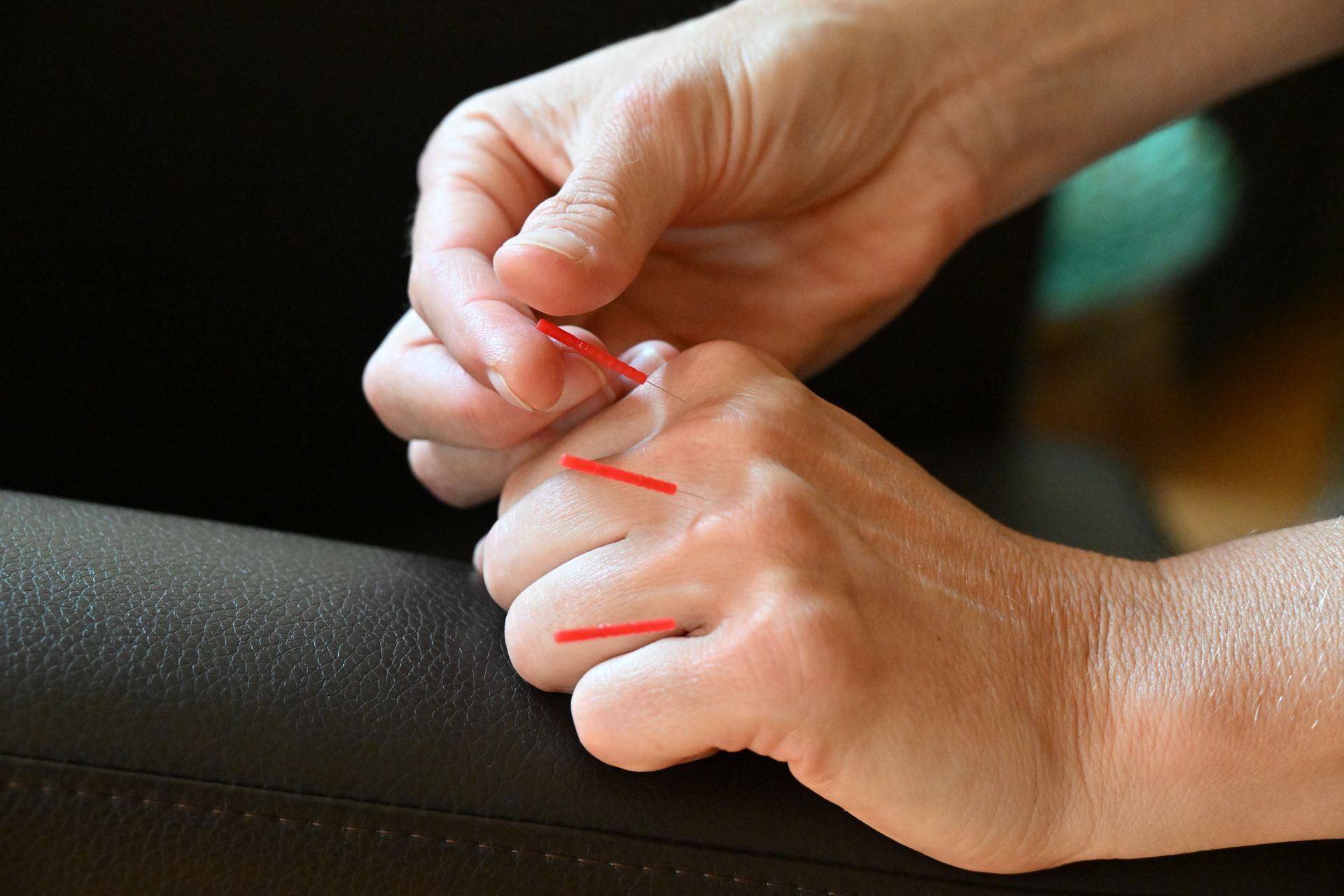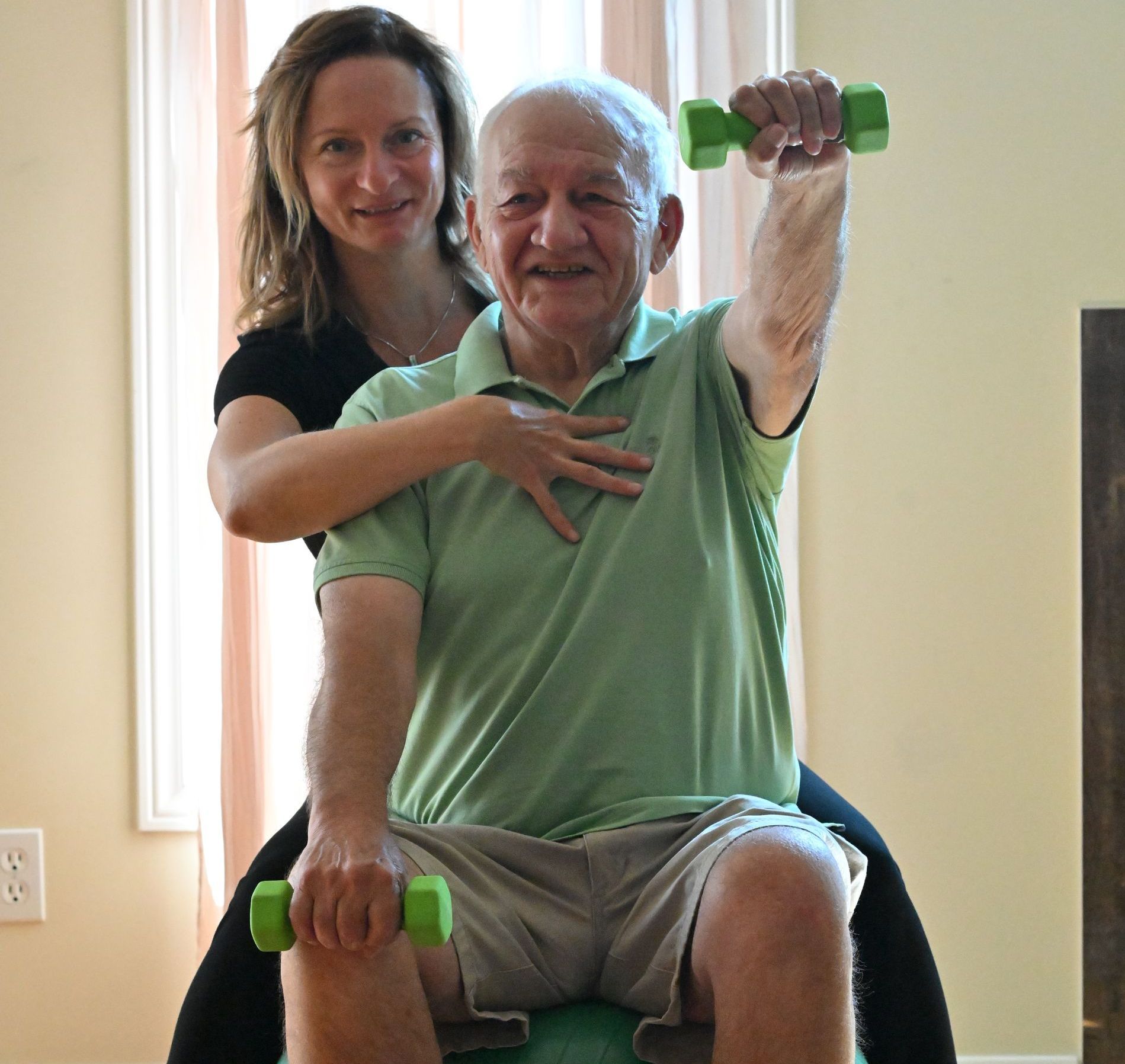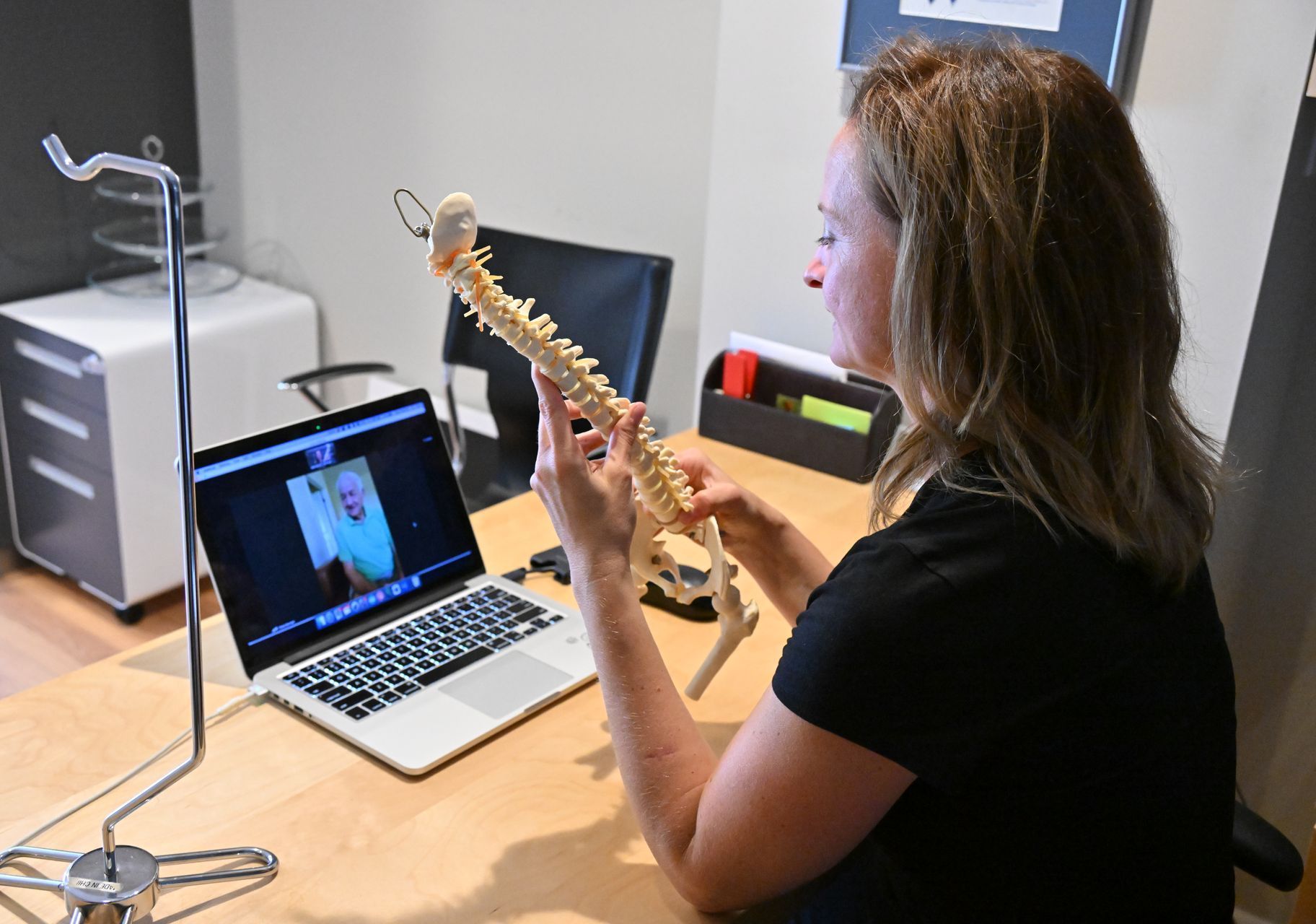We treat both orthopaedic and neurological conditions. If your situation warrants rehabilitation outside of our current scope, we will refer you to the appropriate service. For instance, if you are struggling with chronic pain and/or high muscle tone, we can assess you for treatments like Botox or Bracing and facilitate the referral. If you are wondering whether robotic assisted rehabilitation would work for you, we can help determine whether you would benefit from it and facilitate a referral. Krisztina also provides consultation services to clients who are seeking a second opinion on their diagnosis and/or treatment plan.
Conditions requiring physiotherapy treatment are sometimes categorized by “Orthopaedic Rehabilitation” (musculoskeletal injuries, diseases and surgeries) and “Neurological Rehabilitation” (disorders of the nervous system that affect the sensorimotor functions of the body). Today there is significant cross over between these two categories as we are becoming more aware of how the nervous system functions and incorporating the latest of what neuro-rehabilitation offers into the treatment of orthopaedic problems. In other words, rehabilitating after a total hip replacement can and should include an assessment and treatment of altered movement patterns due to years of chronic hip pain, and thus preventing the development of faulty motor patterns post-op. If you don’t see your condition on this lists below, we recommend that you still contact us.
How We Treat
We offer a model of comprehensive treatment and support that includes access to the following services





